News: Opinions
Loss of LDC-Specific S&D Treatment: How Concerned Should Graduating LDCs Be?
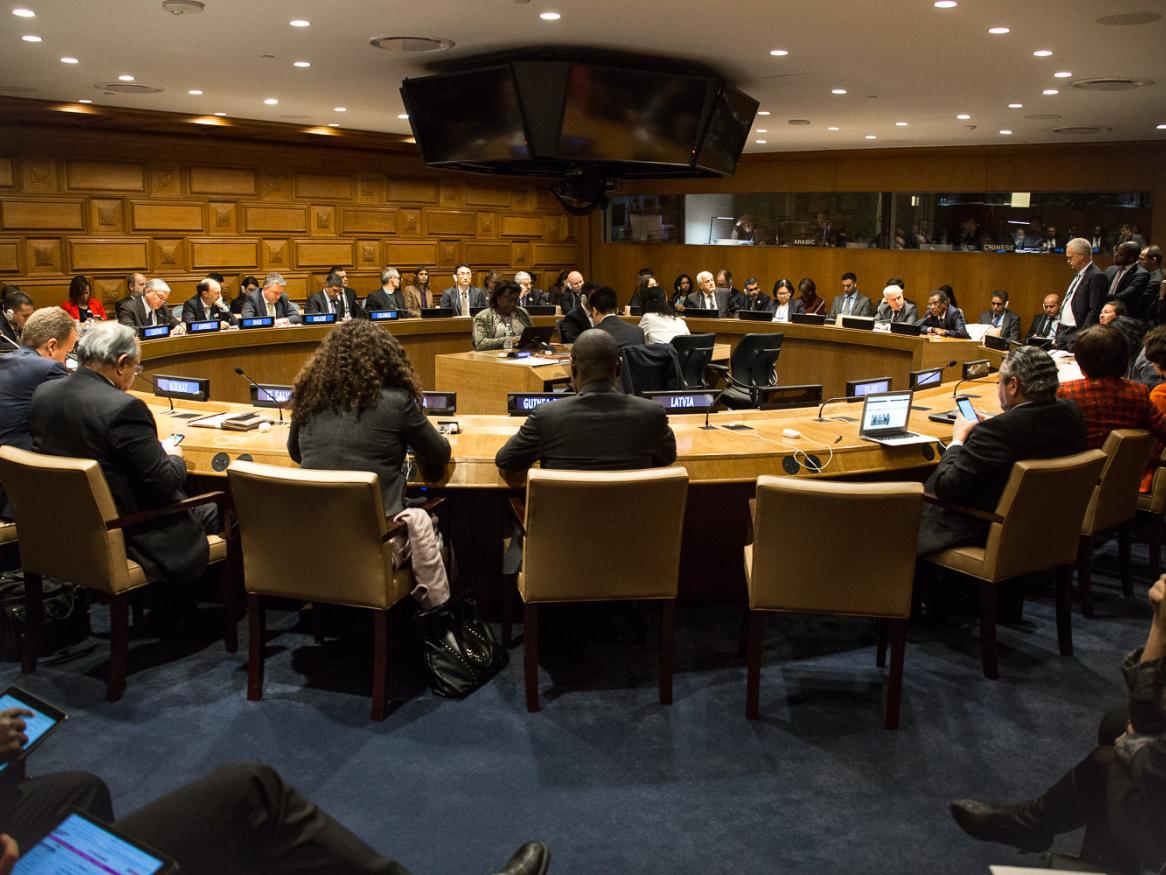
Professor Mustafizur Rahman, Distinguished Fellow, Centre for Policy Dialogue (CPD), Dhaka, Bangladesh
Before the COVID-19 pandemic had struck in 2020, 12 LDCs had become eligible for graduation by either meeting at least two of the three graduation criteria, or thanks to having crossed the threshold of double the per capita GNI. Graduation during a pandemic raises significant risks in and of itself, but there are other issues too, including that graduation criteria fail to capture many of the underlying causes of vulnerability and institutional weaknesses that persist in the LDCs. Consequently, eligibility of a large number of LDCs for graduation has raised an important development debate as outlined in this article.
[Read more about Loss of LDC-Specific S&D Treatment: How Concerned Should Graduating LDCs Be? ]
Can progress be made multilaterally on agricultural trade?

The WTO has been experiencing deadlock in its negotiating function since the collapse of the Doha Round. This threatens to undermine the legitimacy of the WTO, and drive Members to seek progress outside the organization. The difficulties of agricultural negotiations offer a microcosm for understanding the wider multilateral universe. Against this background, a group of academics, former high-level officials of international institutions and former negotiators have come together to try to inject some new energy and new ideas into the multilateral process in a project called “New Pathways”.
[Read more about Can progress be made multilaterally on agricultural trade?]
“Joint Statement Initiatives” and Progress in the WTO System
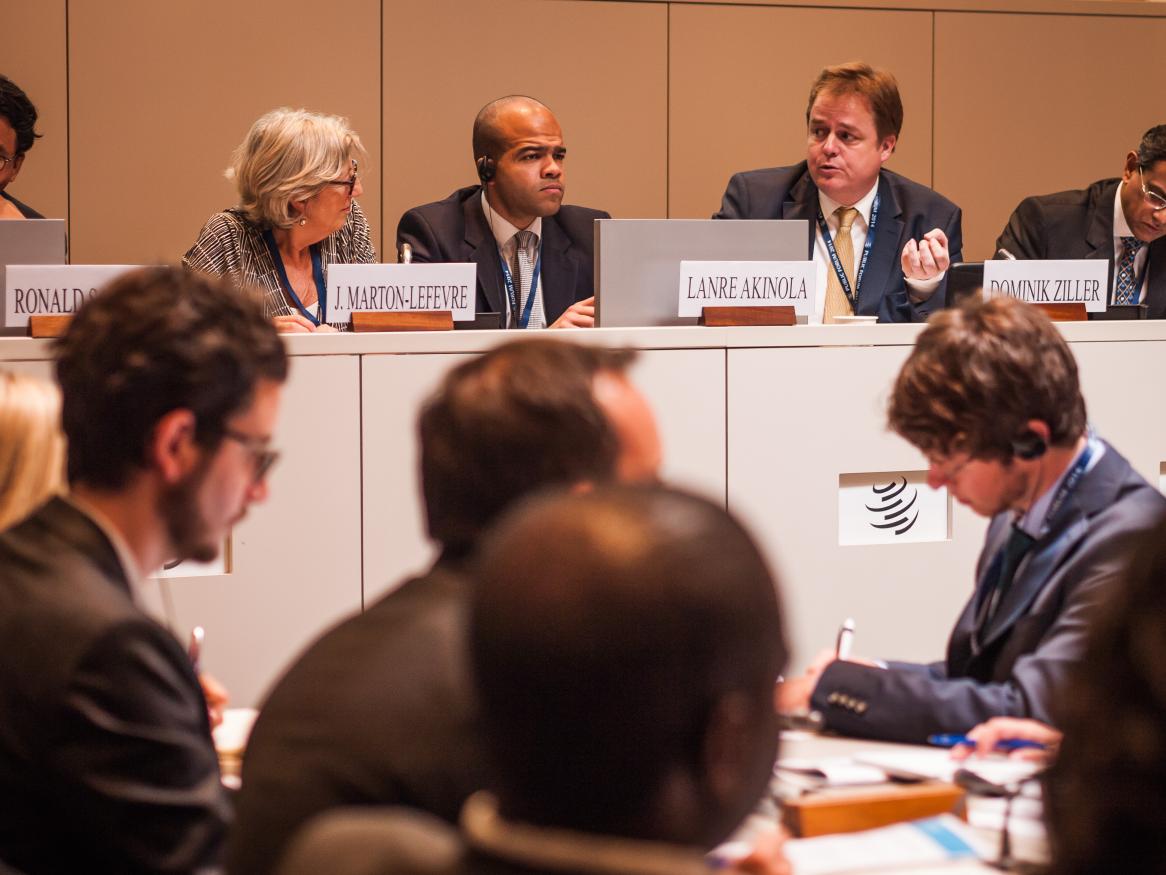
Andrew Stoler, former WTO Deputy Director-General; former Office of the United States Trade Representative senior trade negotiator.
“Joint Statement Initiatives” (JSIs) are today seen by many governments as crucial to making trade progress, given some WTO Members opposition to further liberalization and rulemaking on a multilateral basis. Two governments that have actively worked to stymie progress, India and South Africa, are currently challenging the legality of JSIs within the multilateral system of the WTO in a new bid to prevent other WTO Members from moving forward on the trade front.
[Read more about “Joint Statement Initiatives” and Progress in the WTO System]
Services Domestic Regulation - Doing the Obvious

Markus Jelitto is Counsellor at the Services Trade Division, WTO Secretariat, Geneva.
Services Trade has been growing continuously over the past three decades and was worth USD 13.3 trillion in 2017. Services value added accounts for almost half of all world trade (goods and services combined). Despite these impressive figures, the 2019 WTO World Trade Report finds that costs of trading services are about twice as high as trade cost for goods. A significant portion of these costs are attributable to regulatory divergence, as well as opaque regulations and cumbersome procedures. Through the development of disciplines on services domestic regulation, a group of currently 63 WTO members has set out to address these cost factors.
[Read more about Services Domestic Regulation - Doing the Obvious]
Australia in the African Century

Dr Lauren A. Johnston is Research Associate at SOAS China Institute, Visiting Senior Lecturer, Adelaide University Institute of International Trade and Founding Director, New South Economics.
Last month’s inaugural ‘Quad’ – Australia, India, Japan and USA – leaders’ call drew attention to Australia’s Indo-Pacific strategic re-positioning. The “Indo” of that debate has so far focused mainly on ties with Indian Ocean majors - Indonesia and India.
The market is a powerful instrument to counter human rights violations in China
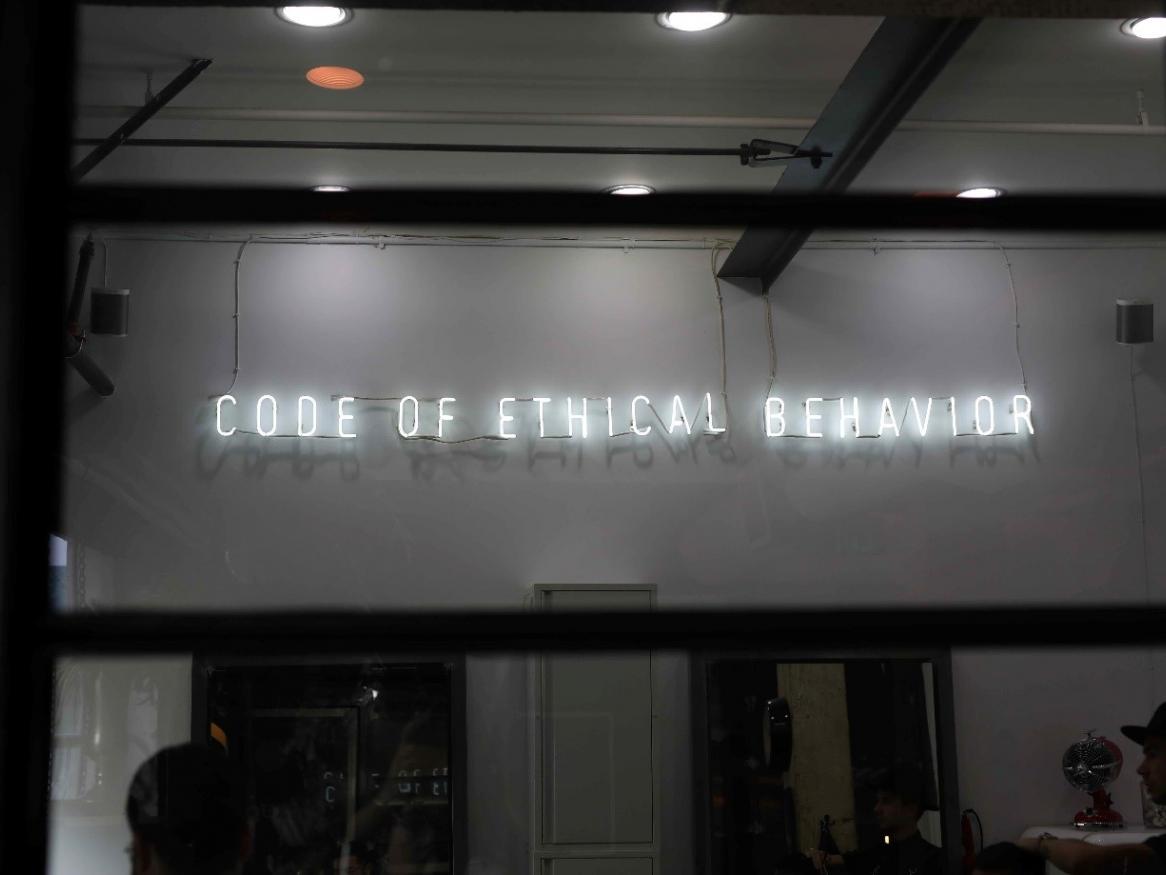
Andreas Freytag, Professor and Chair of Economic Policy, Friedrich Schiller University, Jena and Visiting Professor with IIT
European Union (EU) foreign ministers have finally responded to China's documented human rights abuses by imposing sanctions on four individuals and one organization believed to be substantially involved in the oppression of Uyghurs in north-western China. Reports of the Chinese government's treatment of the Uighurs provide evidence of mass detention and human rights abuses.
[Read more about The market is a powerful instrument to counter human rights violations in China]
Putting “Values” into Value Chains in an Era of System Rivalry
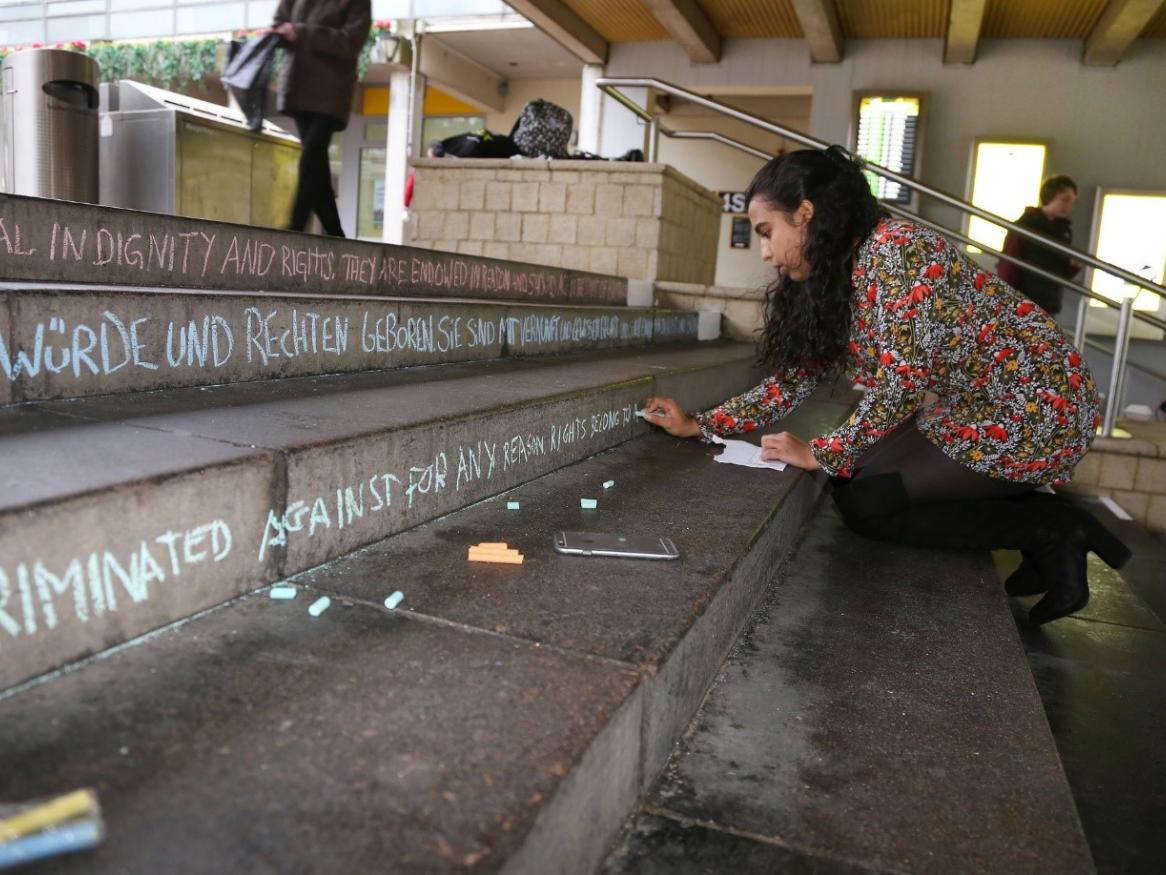
Naoise McDonagh, Lecturer in Political Economy, Institute for International Trade.
The EU and U.S. have a history of using trade agreements to project their value-systems on trading partners. The EU is forthright about this goal, stating: “projecting our rules and values in trade agreements helps the EU shape globalisation, especially on issues like human rights, working conditions and environmental protection”
[Read more about Putting “Values” into Value Chains in an Era of System Rivalry]
An Opportunity for Leadership on Trade Secrets Protection in the Australia-UK Free Trade Agreement

Douglas C. Lippoldt, International Trade Economist & Senior Fellow, CIGI, and Mark F. Schultz, Professor & Goodyear Chair in IP Law, University of Akron School of Law
The proposed Australia-UK Free Trade Agreement aims to promote innovation as a key priority, with provisions in support of bilateral foreign direct investment, balanced protection of intellectual property rights, and co-operation in research and development (R&D).
With a new Director General, can the WTO become a force for progress again?
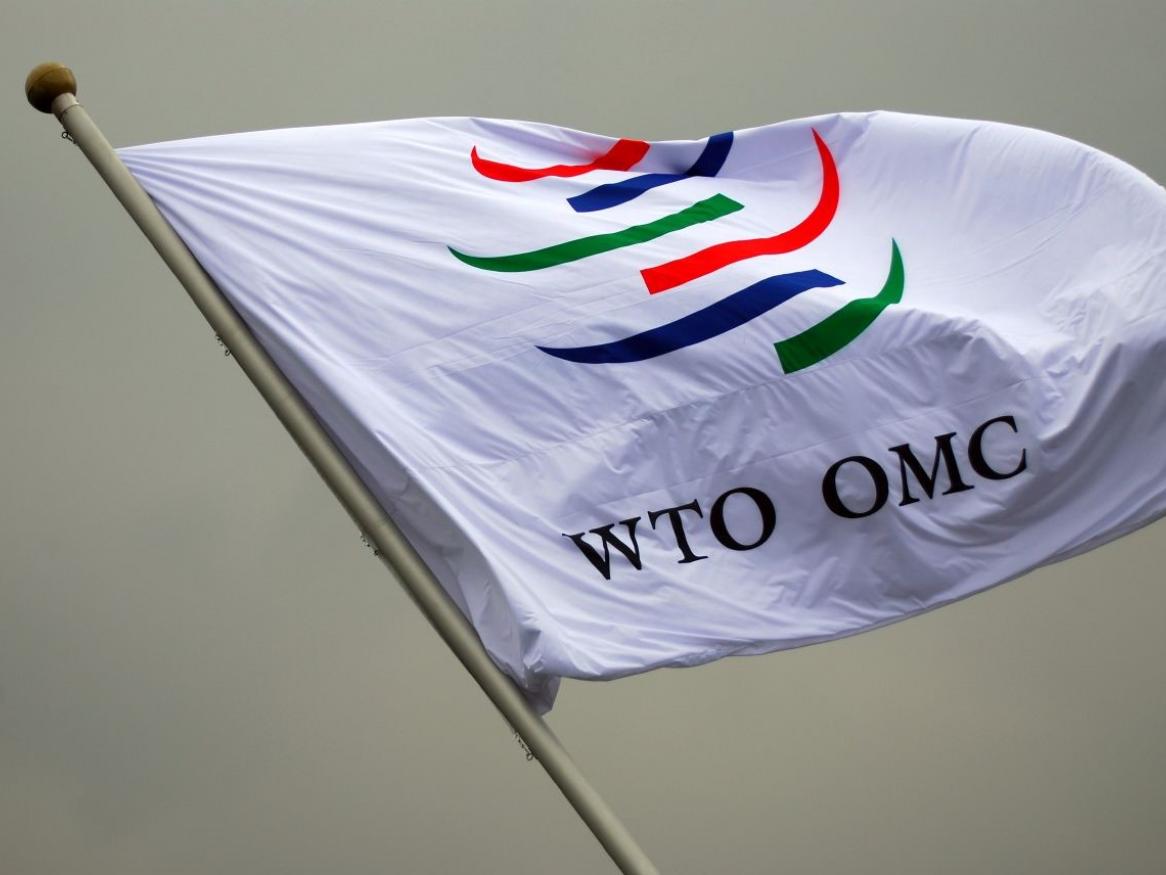
Andreas Freytag, Professor and Chair of Economic Policy, Friedrich Schiller University, Jena and Visiting Professor with IIT
Six months after the resignation of Roberto Azevédo the World Trade Organization (WTO) finally has a new leader. With Dr. Ngozi Okonjo-Iweala, the WTO is breaking new ground twice: for the first time in WTO history a woman is the Director-General, and for the first time the WTO is headed by an African woman.
[Read more about With a new Director General, can the WTO become a force for progress again?]
Is plurilateralism making the WTO an institutional zombie?
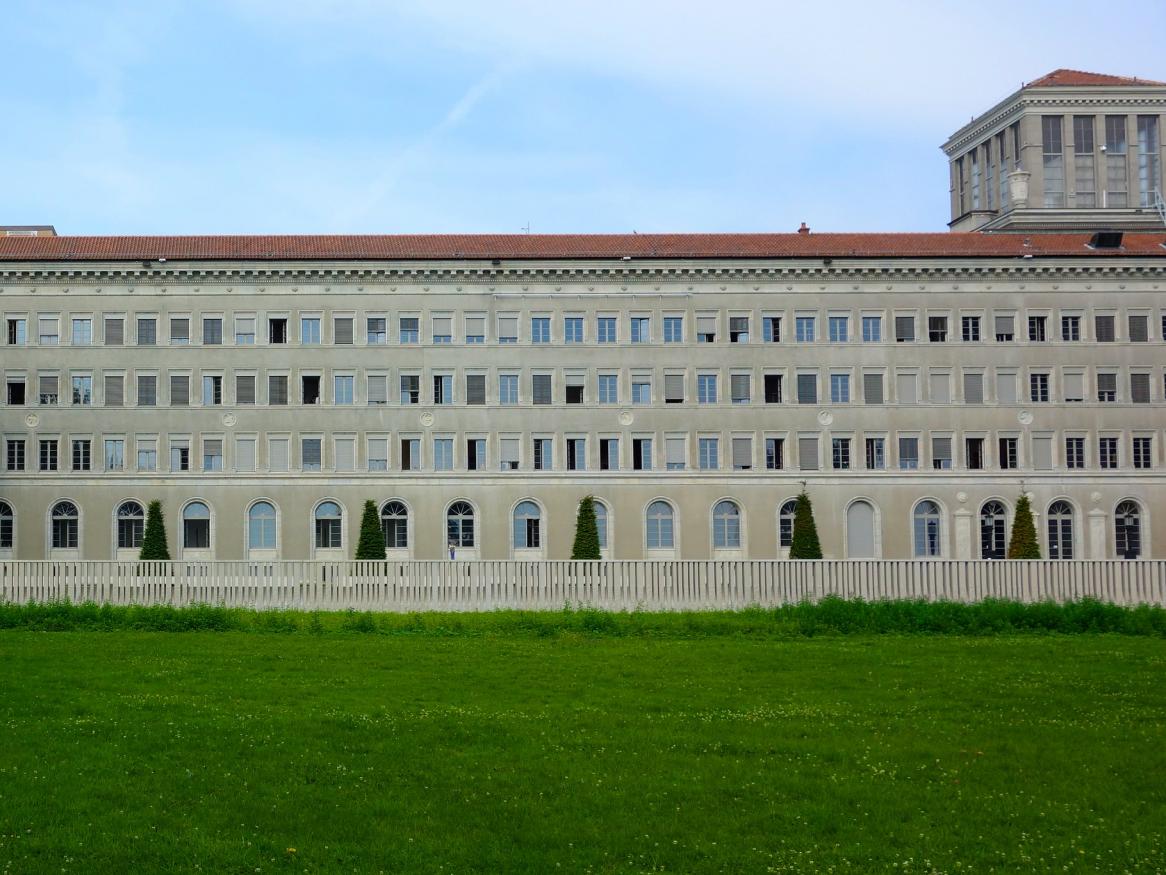
Dr Naoise McDonagh is Lecturer in Political Economy at the Institute for International Trade.
The World Trade Organization’s (WTO) 2014 Trade Facilitation Agreement is the only significant multilateral agreement it has concluded since its inception in 1995. Against that success, significant failures stand out.
[Read more about Is plurilateralism making the WTO an institutional zombie?]
The views expressed here are the author’s, and do not necessarily represent the views of the Institute for International Trade.
This work is licensed under Commons Attribution-NonCommercial-NoDerivatives 4.0 International License.
IIT is a global leader in researching, analysing and commenting on International Trade.
Stay informed about our up-and-coming seminars, events, publications, awards, new projects and collaborations, and other exciting news.
